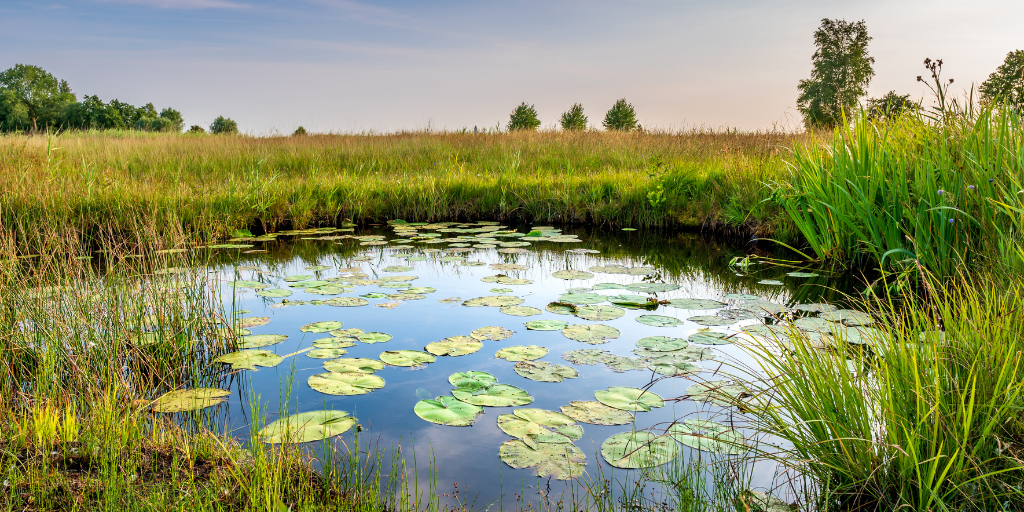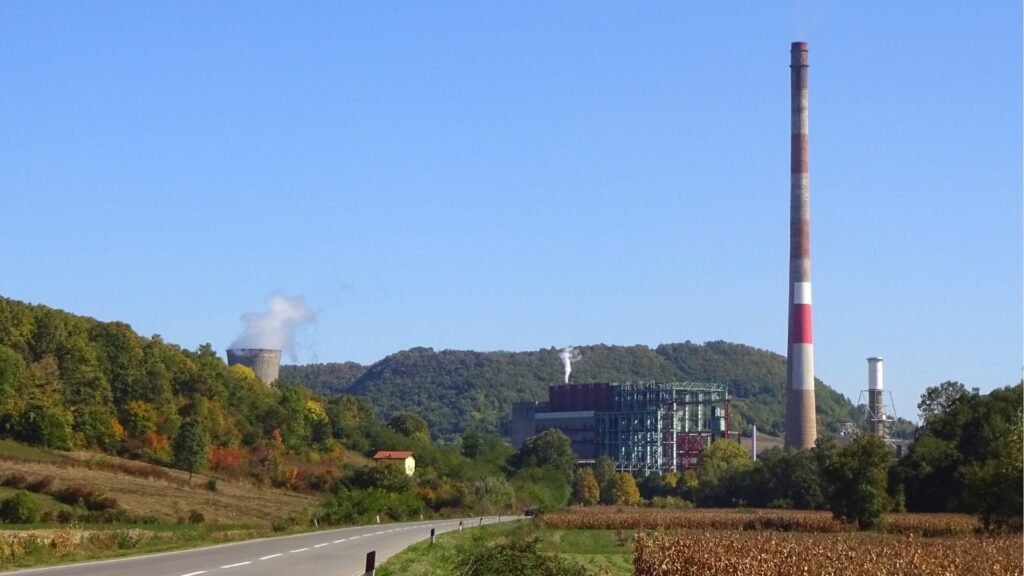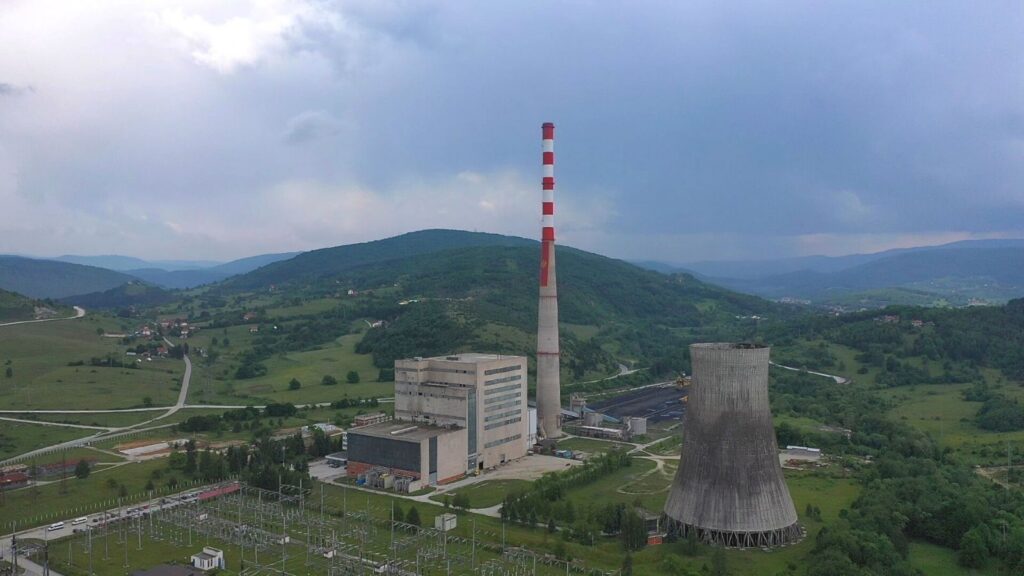From a grassroots to the international level …
We’re the largest network of grassroots, environmental and human rights groups in central and eastern Europe.
We monitor public finance institutions that are responsible for hundreds of billions of investments across the globe. The banks and funds we watch are often obscure but always important entities that function outside public scrutiny.
Together with local communities and other NGOs we work to expose their influence and provide a counterbalance to their unchecked power. We investigate the impacts of public finance, work with affected communities and local organisations across the world and help them protect their rights and livelihoods. We make sure their stories are being told in Europe’s power centers.
We regularly meet representatives of the institutions we monitor and we’re in Brussels, too, doing our bit to make Europe a fairer, cleaner and sustainable place.
Alternative news
We expose the risks of international public finance and bring critical updates from the ground.
We believe that the billions of public money should work for people and the environment.
CAMPAIGN AREAS
INSTITUTIONS WE MONITOR
OUR PROJECTS

EU funds and biodiversity
Nature is in crisis. 81 per cent of habitats in the EU are in ‘poor condition’, and without swift action this will only become worse. We need systemic and wide-reaching action and investments to tackle biodiversity loss and help restore nature before it is too late. The EU has pledged 120 billion of the EU budget to be earmarked for biodiversity by 2026, offering enormous potential to restore and protect nature, providing this is properly invested. We are therefore campaigning to ensure these public funds work for – not against – nature.
Read more
Ugljevik power plant, Bosnia and Herzegovina
Commissioned in 1985, the 300 MW coal power plant in Ugljevik, Bosnia and Herzegovina, has become famous for emitting more sulphur dioxide than all of Germany’s coal power plants in 2019.
Read more
Pljevlja I power plant, Montenegro
The existing 225 MW Pljevlja thermal power plant in the north of Montenegro, near the borders with Serbia and Bosnia-Herzegovina, has been operating since 1982. The plant was originally planned to comprise two units but the second one was never built. The plant, along with the extensive use of coal and wood for heating, has caused unbearably bad air quality in the town.
Read more